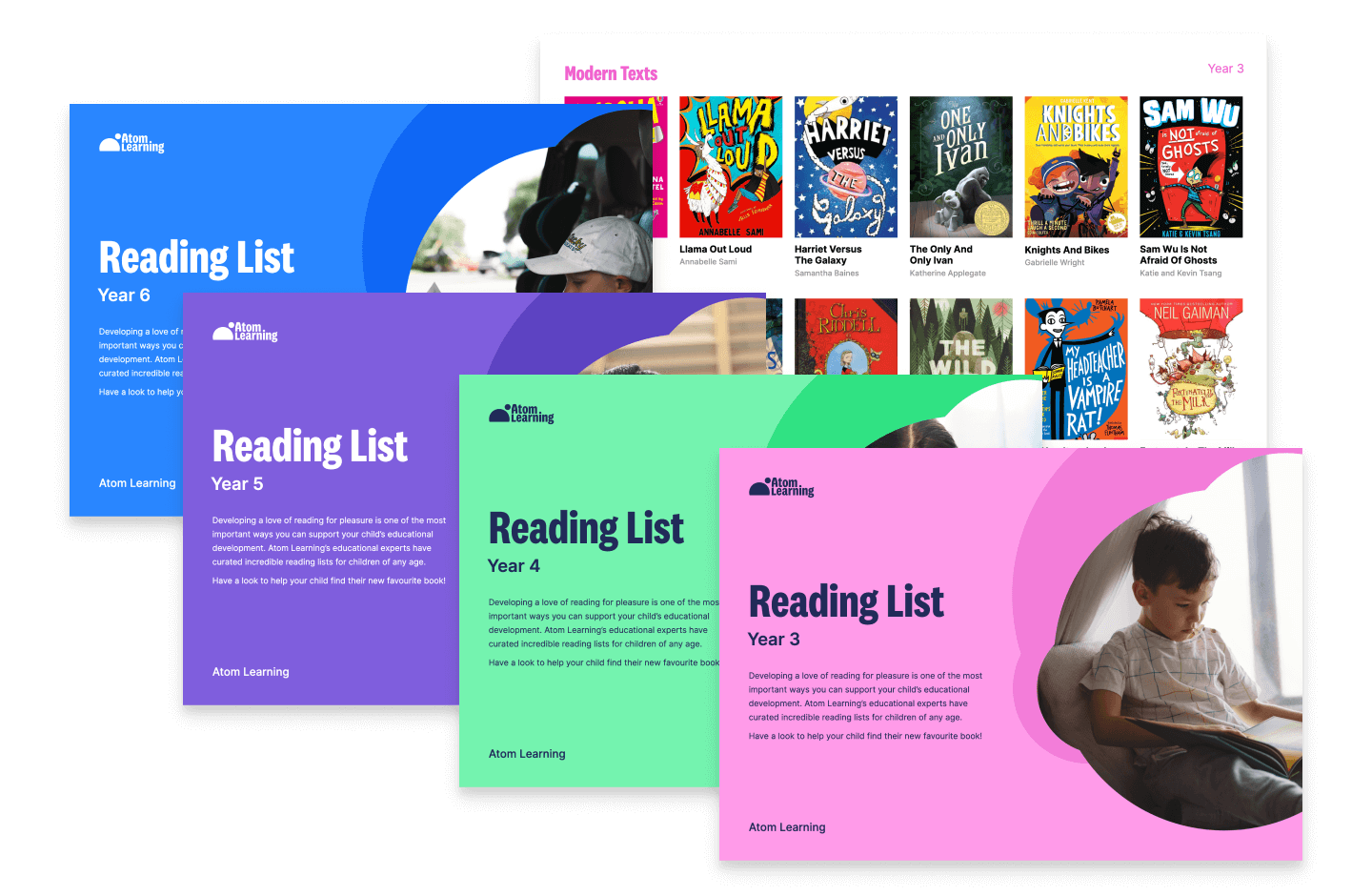Not every child is a Matilda Wormwood, shunning the TV and hoarding stacks of literary classics collected from the local library as a tiny four-year-old.
Do you ever wonder: how do I get my child to read? Discovering that your child lacks a natural passion for reading can feel like a source of frustration and surprise.
But sometimes, it's a simple matter of finding an alternative strategy to ignite a passion for books in a child reluctant to flip past the first page of a much-adored novel.
To help, we've put together this guide on how to help reluctant readers and boost their love and enjoyment of books.
What is a reluctant reader?
A reluctant reader is any child who shows a lack of interest in reading. So it's slightly different from a struggling reader, which is any child who has problems reading to their age grade.
Some children will fit into both the struggling and reluctant categories. In contrast, others might fall into the proficient but reluctant reading category.
Is my child a reluctant reader?
Perhaps you worry about your child's reading progress. You might want to ask yourself if your child fits the reluctant reader definition. Here are some common signs to check:
- They seem resistant when you suggest reading time with them or appear frustrated by the activity
- They don't show interest in browsing through book covers when in a bookshop or library
- They "act out" during reading time, perhaps making jokes or getting distracted by their surroundings
- When reading to them, they struggle to recall the story
- When reading alone, they will lack detail when retelling the main points of the story
- Your child might have some or all of these characteristics. These are all signs that you might need a different tact to get your child reading more regularly and with enthusiasm.
How to help reluctant readers
When you have established that you're dealing with a reluctant reader, it's time to put some strategies in place. Here are some of our top tips for reluctant readers:
Is your child struggling?
Not all reluctant readers struggle, but when a child is frustrated by reading, it could signify that they are finding words difficult.
Your child's teacher will be your initial point of contact. Reading is a central part of the National Curriculum, so they will be able to tell you if your child is behind their expected level for their age.
If your child is behind their peers, your next task is to get a formal assessment from an education expert. They might spot problems that could point to an appropriate diagnosis, such as dyslexia or ADHD.
Read fun stories
Some children feel a sense of pressure to read and see it as "school time". That fuels a resistance when your child would rather be doing "fun" activities.
Turn things around by taking the pressure out of reading. Choose a book to read to your child instead. Allow them to get seated with a snack, so they see it as relaxation time while you read a story to them.
That also gives you the chance to read a book that will entertain you both. You could opt for a book more advanced than their current reading level with a more complex and exciting storyline.
Set a regular reading time
Create good reading habits by setting a fixed time each day to sit down and read. Many children prefer the end of the evening (sometimes merely as an excuse to delay their bedtime!).
If you travel regularly, you could tie in reading with your travel. For example, why not arrive at your destination thirty minutes early each day and spend that time reading?
Before long, your child will associate that travel time with reading time, and it will become a habit.
Choose books together
Most children will enjoy reading once they find a subject that interests them. You don't have to opt for children's classics to get a reluctant child to read. Instead, be strategic about what books for reluctant readers you choose.
Head to a large bookshop with your child and work together to find a book that your child finds interesting. Or alternatively, sift through our recommended reading lists for KS2 together for inspiration.


